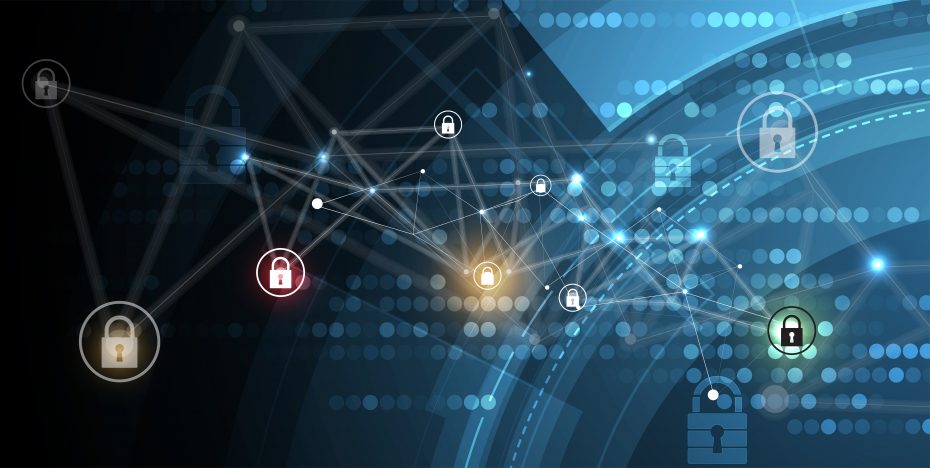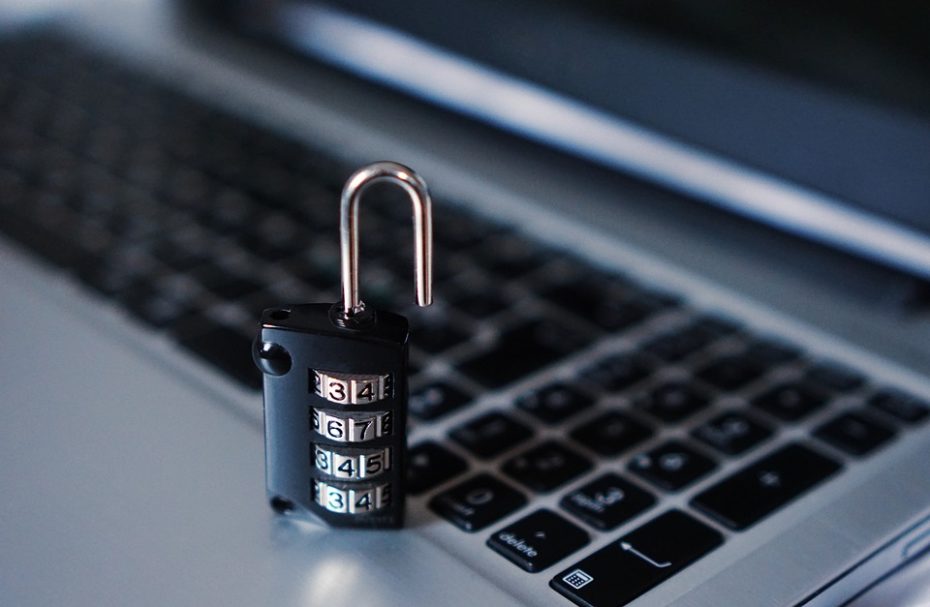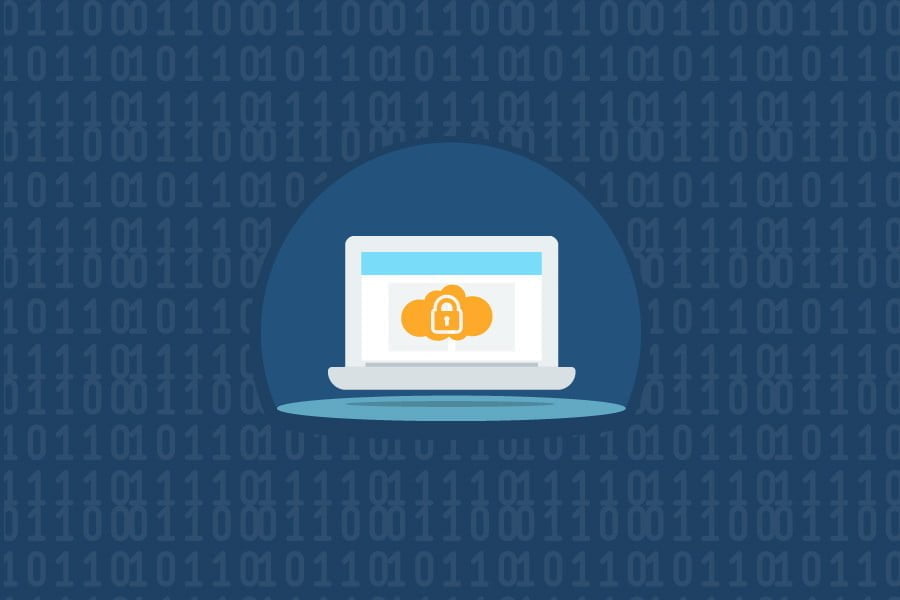By Gary Salman From the Spring/Summer 2020 Journal of the Colorado Dental Association During the last several months, there has been a significant paradigm shift in the cybersecurity world. Threat actors from Russia, in particular, have enhanced their capabilities to target individual businesses and Managed Service Providers (MSPs) or IT companies. In December 2019, hacking groups known as Sodinokibi (aka …
Criminal Experts
From the Winter 2020 Journal of the Colorado Dental Association Computer hackers are online security “experts” who find weaknesses in computer systems and then exploit the flaws, typically for malicious intent. Nothing good happens after that if your system is compromised. And a compromised system or machine usually results in time and money lost, in addition to lost productivity and …
Three HIPAA Compliance Actions You Should Take Right Now
By Robert McDermott From the Spring 2019 Journal of the Colorado Dental Association Most providers know HIPAA places certain standards on practices to keep patient data safe, and failure to comply with these safeguards results in corrective actions and large fines. Just one compromised medical record can cost a practice $50,000.[1] There are three direct steps you can take now to …
Phishing is a Curable Disease
By Robert McDermott, President/CEO, iCoreConnectFrom the Winter 2019 Journal of the Colorado Dental Association “Ransomware reigns supreme in 2018, as phishing attacks continue to trick employees…A criminal only needs one victim to click on their malicious link or download to gain access to an organization.” TechRepublic1 Malware. We’re calling it the most significant disease that can infect your practice. Let’s start …
Phishing, Hacking and Scamming – Don’t Be a Victim
Two weeks ago, several members received fake emails instructing them to pay their membership invoices. Within the emails, members were told to wire funds to pay their dues. This phishing scam has been investigated and linked to an out-of-state bank account. A police report has been filed and the situation will continue to be monitored. It appears that these hackers obtained a …
Pause Before Sending That Next Gmail
From the Fall 2018 Journal of the Colorado Dental Association Over 1 billion people use Gmail for countless personal and business messages. However, healthcare providers may be putting themselves at risk by using Gmail for any message that contains PHI. This can include even the smallest bits of health information, such as patient names and appointment times. You may have read …
Do Hackers See Your Practice as Easy Money?
By Robert McDermott From the Fall 2018 Journal of the Colorado Dental Association There are reports from around the country about dentists being hacked. One dentist reported that her patients received “aggressive” emails telling them they owed money for services they never received. Those patients were told to send money immediately. The practice had been hacked. Hackers know they can go …
Dental Practice Cybersecurity: Beware of Ransomware and the Decay It Causes
By Herb Miner From the Fall 2017 Journal of the Colorado Dental Association Dental cavities are caused by bacteria that produces acid and erodes tooth enamel and dentin. In much the same way, technological bacteria like ransomware can infiltrate your network, destroy your perimeter safeguards and harm your sensitive business and patient information. Ransomware is a growing threat to dental …
Dental Care and Business Technology Have Something in Common
By Herb Miner III From the Summer 2017 Journal of the Colorado Dental Association Dentistry has long been proud of its standing as one of the most “proactive” professions, working to improve patients’ lives and future through preventative care. The goal of that proactive care and management is to keep the patient’s mouth at optimal health and prevent health issues …
Don’t Fall Victim to the Ransomware Virus
One of the nastiest types of virus in the world these days is called “ransomware” – a virus that silently infects one computer on the network and, quietly in the background, starts encrypting your user files so you can’t access them. After a certain period of time, the ransomware virus will display a message telling you your files are encrypted …




